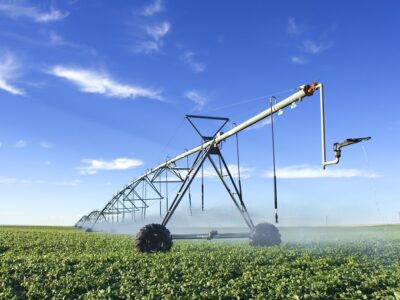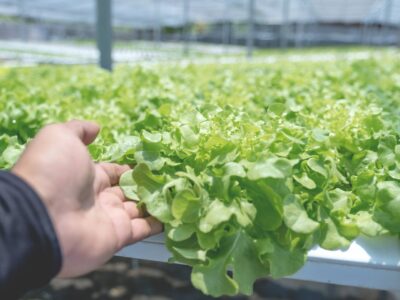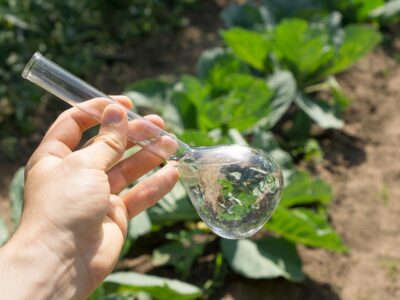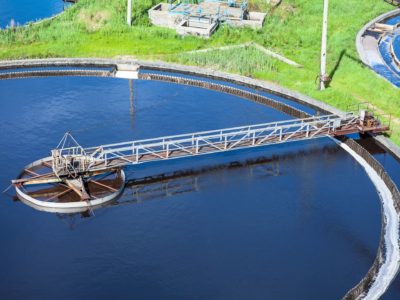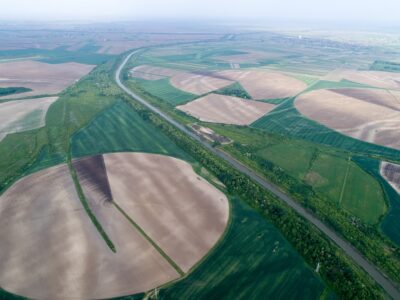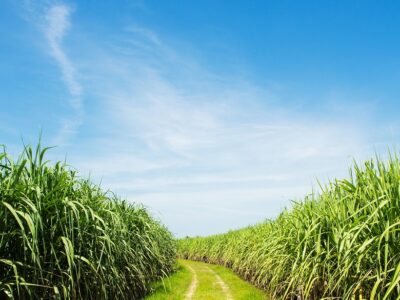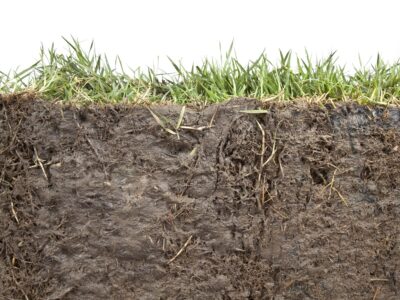Center pivot irrigation systems
Center pivot irrigation is a mechanized sprinkler system that irrigates crops in a circular pattern. In this type of systems, a long... Read More
Hydroponic systems
Hydroponics is a growing method in which plants are grown in a mineral nutrient solution, with or without the use of a... Read More
Water Alkalinity
Alkalinity is the ability of the water to neutralize acidity. It refers to the presence of carbonates (CO32-), bicarbonates (HCO3–) and hydroxides... Read More
Water disinfection
Water disinfection refers to the inactivation of microorganisms that are pathogenic to humans, animals or plants. Inactivation involves destroying essential structures or... Read More
Water treatment
The water treatment process consists of a series of steps to remove or minimize impurities from water and make the water suitable... Read More
Variable rate irrigation
Variable rate irrigation (VRI) involves applying different amounts of water to different zones of the field, rather than applying one uniform irrigation... Read More
Principles of irrigation systems design
Designing an irrigation system requires knowledge of the crop, field conditions, soil and water. Answering the following questions can help in determining... Read More
Irrigation management in sugarcane
Sugarcane is one of the most water-demanding crops and water availability is the single largest factors affecting its growth. According to studies,... Read More
Rapid sand filtration
In urban areas the slow sand filter simply occupies too much space. Therefore, rapid sand filtration has been developed and has become... Read More
Soil water dynamics
Soil water plays a crucial role in the growth and survival of plants. It is held within the pores between soil particles.... Read More



